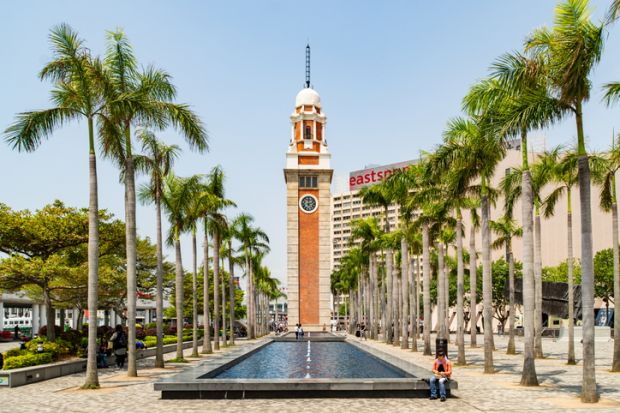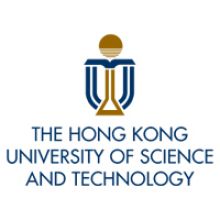A new medical school will be established in a growing “university town” on Hong Kong’s northern border with mainland China, the government has confirmed.
John Lee, Hong Kong’s chief executive, announced his support for such an institute – which would be the third of its kind in the city – in his annual policy address, committing to reserving space in the north of the city to build the new campus and an “integrated medical teaching and research hospital”.
The Northern Metropolis University Town is currently under development and has been widely welcomed by universities, which have struggled to expand within the densely populated island.
Hong Kong University of Science and Technology (HKUST) has already prepared an initial proposal to set up a new medical school, reportedly potentially in conjunction with a British university, Imperial College London.
“We are encouraged by the chief executive’s support for establishing a third medical school and the formation of a task group to drive this initiative forward,” said Nancy Ip, president of HKUST.
“We look forward to learning more about the requirements of the proposal that the task group will invite universities to submit, and we are eager to contribute.”
The government also announced new support for collaborative research, committing a further HK$1.5 billion (£148 million) to a research matching-grant scheme launched in 2019, which sees money given by private companies to local universities matched by the government.
Mr Lee pledged to continue working to attract international talent to the island, including expanding a visa for graduates of top universities to include more institutions and extending a scheme that allows students from institutions in the Greater Bay Area to work in Hong Kong.
“These measures aim to expedite the development of Hong Kong into an international hub for post-secondary education, bringing in more global high-calibre talents,” he said.
The move comes a year after the decision to double the number of non-local undergraduates allowed at the island’s universities. In policy documents, the government emphasised its focus on students from the Asean region and other Belt and Road countries, and said it would incentivise them through the use of scholarships.
Tim Lui, chair of the University Grants Committee (UGC), said: “Together with our UGC-funded universities, we will devote ourselves relentlessly to cultivating local talent, attracting elites from all over the world and reinforcing our global reputation, so as to contribute positively to Hong Kong’s development into an international hub for post-secondary education.”
Register to continue
Why register?
- Registration is free and only takes a moment
- Once registered, you can read 3 articles a month
- Sign up for our newsletter
Subscribe
Or subscribe for unlimited access to:
- Unlimited access to news, views, insights & reviews
- Digital editions
- Digital access to THE’s university and college rankings analysis
Already registered or a current subscriber?










